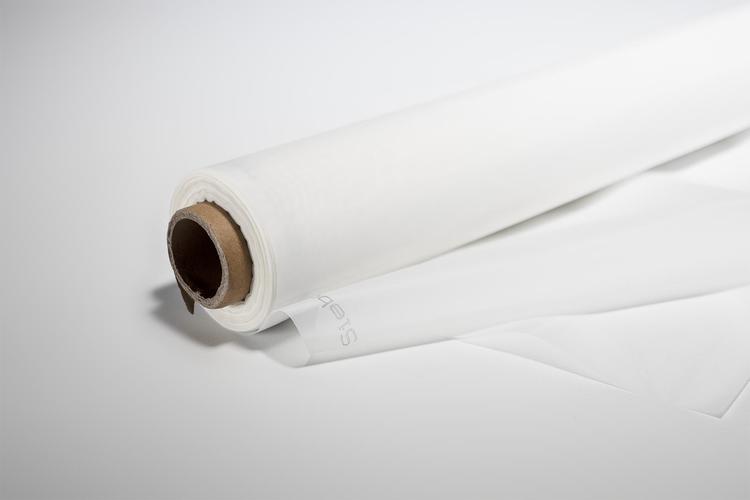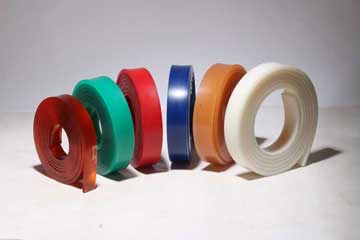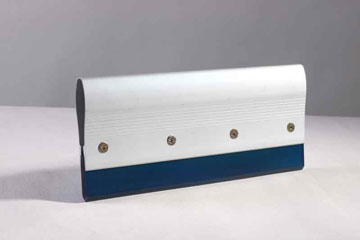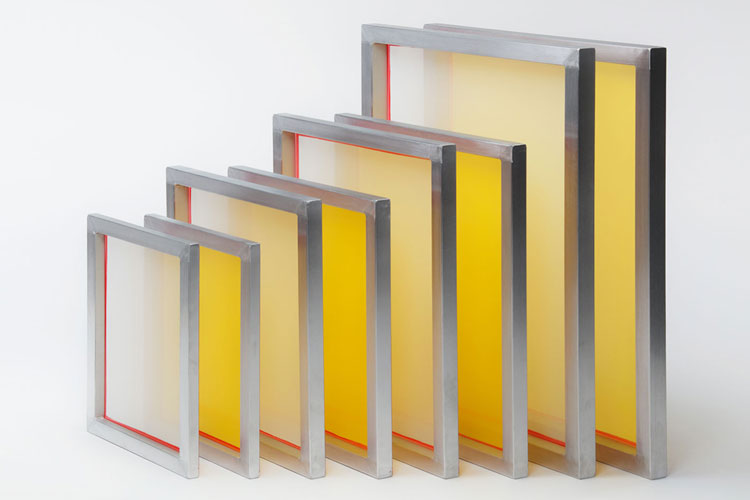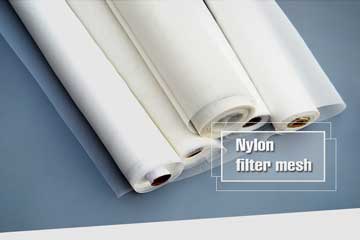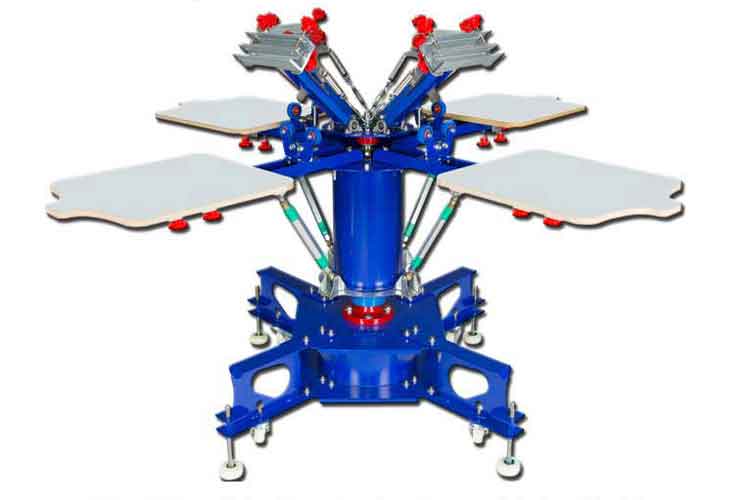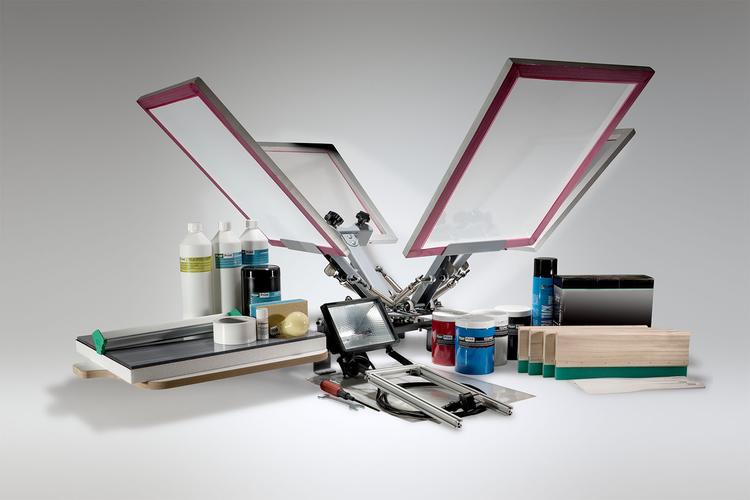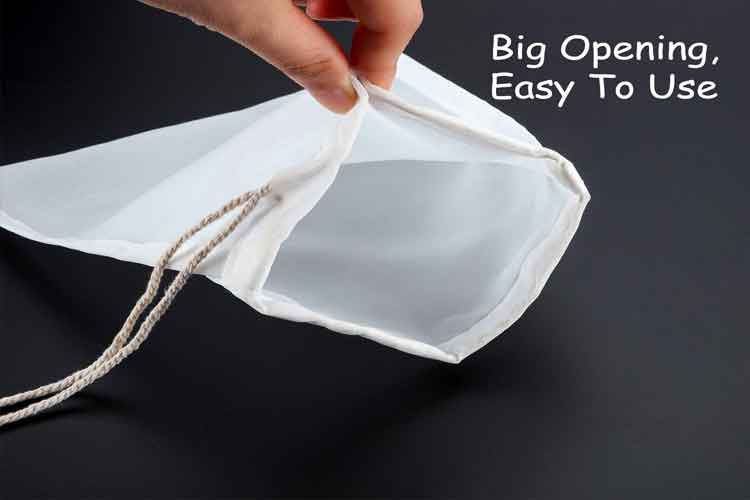Comprehensive Guide to Liquid Filter Bags: A Deep Dive into Types, Applications, and How to Choose the Right Supplier
Liquid filter bags are vital components in many industrial processes, ensuring the purity and quality of liquids by effectively filtering out unwanted particles. From understanding the different types and materials to selecting the right supplier or mLiquid filter bags are essential components across a multitude of industries, ensuring the removal of unwanted particles from liquids and maintaining the purity and quality of products. Whether you’re operating in water treatment, pharmaceuticals, food and beverage production, or any other industry where liquid filtration is paramount, understanding the nuances of liquid filter bags—from their types and materials to their applications and how to source them effectively—can significantly enhance your operational efficiency and product quality.
This article serves as a comprehensive guide, offering in-depth insights into everything you need to know about liquid filter bags. We’ll explore various types, sizes, and materials, delve into their applications, and provide guidance on selecting the right supplier, manufacturer, or factory. Additionally, we'll discuss how to find the best prices, including cheap and wholesale options, and the factors influencing these prices. By the end of this guide, you’ll be well-equipped to make informed decisions about liquid filter bags, ensuring your filtration systems are efficient, cost-effective, and perfectly suited to your needs.
.jpg)
Chapter 1: Understanding Liquid Filter Bags
1.1 What is a Liquid Filter Bag?
A liquid filter bag is a device used to remove solid particles from liquids, ensuring that the filtered liquid meets the desired purity and quality standards. These bags are typically placed inside a filter housing, where the liquid is forced through the bag, trapping contaminants and allowing clean liquid to pass through. The performance of a liquid filter bag is determined by several factors, including its material, size, and micron rating, which indicates the size of particles it can filter.
Liquid filter bags are indispensable in a variety of industries:
- Water Treatment: Ensuring the safety and quality of water by removing impurities.
- Food and Beverage: Filtering liquids such as juices, wine, and cooking oils to maintain product purity.
- Pharmaceuticals: Critical in the production of medicines, where even the smallest contaminants can compromise product safety.
- Chemical Processing: Filtering out impurities to protect equipment and ensure the quality of chemicals.
- Oil and Gas: Used in filtration of hydraulic fluids, lubricants, and other process liquids to maintain equipment efficiency and product integrity.
1.2 How Does a Liquid Filter Bag Work?
Understanding how liquid filter bags work is crucial for optimizing their use. The filtration process involves several steps:
-
Installation: The filter bag is securely installed inside a filter housing. The housing is designed to create a tight seal, ensuring that all liquid flows through the bag without bypassing it.
-
Filtration: As the liquid flows into the housing, it is forced through the filter bag. The bag’s material captures solid particles, which are retained within the bag, while the filtered liquid exits the housing.
-
Maintenance: Over time, the filter bag accumulates particles, which can reduce its filtration efficiency. Regular maintenance involves replacing the bag or cleaning it, depending on whether it is designed for single-use or multiple uses.
1.3 The Benefits of Liquid Filter Bags
Using liquid filter bags offers several advantages across different industries:
- Cost-Effective: Compared to other filtration methods, liquid filter bags are generally more affordable, especially for high-volume operations.
- Ease of Use: Liquid filter bags are simple to install, replace, and maintain, making them a convenient option for various applications.
- Versatility: Available in a wide range of sizes, materials, and micron ratings, liquid filter bags can be customized to suit specific filtration needs.
- High Efficiency: Capable of filtering out a wide range of particle sizes, ensuring that liquids are purified to the required standards.
Chapter 2: Exploring Different Types and Kinds of Liquid Filter Bags
2.1 Different Liquid Filter Bag Types
Liquid filter bags come in a variety of types, each designed to meet specific filtration requirements. Understanding these types is key to selecting the right bag for your application:
-
1 Micron Water Filter Bag: Designed for ultra-fine filtration, capturing particles as small as 1 micron. These are essential in industries where even the smallest contaminants must be removed, such as pharmaceuticals and electronics manufacturing.
-
5 Micron Water Filter Bag: Ideal for filtering slightly larger particles, these bags are commonly used in general water treatment and processes where high precision is not as critical.
-
Mesh Liquid Filter Bag: Made from woven fabrics, these bags are suitable for applications that require high flow rates and less precise filtration. The mesh size can vary, allowing for flexibility in filtration levels.
-
Liquid PP Filter Bag: Constructed from polypropylene, these bags offer excellent chemical resistance and durability. They are widely used in industries such as chemicals, oil and gas, and water treatment.
-
Polypropylene Mesh Filter Bag: A variant of the liquid PP filter bag, these combine the robustness of polypropylene with the high flow capabilities of mesh bags. They are often used in chemical processing and other demanding environments.
2.2 Liquid Filter Bag Kinds
Liquid filter bags can be further categorized based on their construction and specific applications:
-
Standard Felt Filter Bags: Made from needle-punched felt, these bags are commonly used in applications requiring depth filtration, where the bag can capture particles throughout its thickness rather than just on the surface.
-
High-Flow Filter Bags: Designed to handle higher volumes of liquid, these bags have a larger surface area and can maintain efficiency even with increased flow rates.
-
Extended Life Filter Bags: Constructed from higher-quality materials, these bags are engineered to last longer, reducing the need for frequent replacements and thereby lowering operational costs.
-
Oil-Absorbing Filter Bags: These are specialized bags designed to remove oils from liquids, making them essential in industries such as automotive manufacturing and metalworking.
2.3 Liquid Filter Bag Sizes
Liquid filter bags are available in various sizes, allowing for customization based on the specific requirements of your filtration system. Common sizes include:
-
Size 1: Typically 7 inches in diameter and 16.5 inches in length, providing a filtration area of approximately 0.5 square meters. This size is commonly used in applications with moderate flow rates and contamination levels.
-
Size 2: Measures 7 inches in diameter and 32 inches in length, offering a filtration area of about 1 square meter. This size is ideal for larger systems with higher flow rates and where greater filtration capacity is needed.
-
Size 3: Smaller, around 4 inches in diameter and 8 inches in length, used for low-volume applications where space is limited.
-
Size 4: Similar to size 3 but slightly longer, providing a bit more filtration capacity while still being compact.
Selecting the correct size is essential as it directly affects the filtration efficiency, flow rate, and the overall performance of your filtration system.
Chapter 3: Materials of Liquid Filter Bags
3.1 Common Materials Used in Liquid Filter Bags
The materials used in liquid filter bags are crucial to their performance, durability, and suitability for specific applications. The most commonly used materials include:
-
Polypropylene (PP): Known for its excellent chemical resistance and durability, polypropylene is one of the most popular materials for liquid filter bags. It is suitable for a wide range of industrial applications, including chemical processing, water treatment, and food and beverage production.
-
Nylon: Nylon filter bags offer high tensile strength and abrasion resistance, making them ideal for applications where fine particle filtration is required. Nylon is often used in industries such as pharmaceuticals and electronics.
-
Polyester: Polyester is a versatile material that offers good resistance to chemicals and is commonly used in food and beverage applications, where maintaining product purity is critical.
-
Cotton: While less durable than synthetic materials, cotton filter bags are biodegradable and environmentally friendly. They are typically used in less demanding applications where chemical resistance is not a priority.
3.2 Specialty Materials
In addition to the common materials, several specialty materials are used in liquid filter bags for more specific applications:
-
Teflon (PTFE): Teflon offers exceptional chemical resistance and high-temperature stability, making it suitable for highly corrosive environments and processes involving high temperatures.
-
Nomex: Nomex filter bags are used in high-temperature applications, capable of withstanding temperatures up to 400°F without degrading.
-
Fiberglass: Another material used in high-temperature environments, fiberglass is durable and offers good resistance to a range of chemicals. It is often used in industries such as power generation and chemical processing.
Selecting the right material is critical, as it determines the filter bag’s compatibility with the liquid being filtered, its durability, and its overall performance.
Chapter 4: Applications of Liquid Filter Bags
4.1 General Applications of Liquid Filter Bags
Liquid filter bags are used in a wide range of industries, each with its own specific requirements and standards for filtration:
-
Water Treatment: In both municipal and industrial water treatment plants, liquid filter bags are used to remove contaminants from water, ensuring that it is safe for consumption or further processing.
-
Food and Beverage: From juice production to brewing beer, liquid filter bags are essential in ensuring that the final product is free from impurities. They are also used in the production of edible oils, wine, and other beverages.
-
Pharmaceuticals: The pharmaceutical industry requires extremely high levels of purity, making liquid filter bags an integral part of the manufacturing process. They are used to filter out particulate contaminants that could compromise the quality and safety of medicines and other healthcare products.
-
Chemical Processing: In chemical plants, liquid filter bags are used to filter out solid contaminants from liquids, protecting equipment and ensuring that the final product meets quality standards.
-
Oil and Gas: In the oil and gas industry, liquid filter bags are used to filter hydraulic fluids, lubricants, and other process liquids. This ensures that the equipment operates efficiently and that the products meet industry specifications.
4.2 Specialized Applications of Liquid Filter Bags
Beyond their general industrial applications, liquid filter bags are also used in more specialized settings:
-
Metalworking: Liquid filter bags are used to remove metal particles from cutting fluids and other liquids used in metalworking processes. This not only protects equipment but also ensures the quality of the finished products.
-
Automotive: In the automotive industry, liquid filter bags are used to filter oils, coolants, and other liquids used in the manufacturing and maintenance of vehicles. This helps in maintaining the performance and longevity of automotive components.
-
Textiles: In the textile industry, liquid filter bags are used to ensure the purity of dyes and other liquids used in the production of fabrics. This helps in achieving consistent color and quality in the final products.
4.3 Environmental Applications
Liquid filter bags also play a vital role in environmental protection by filtering out pollutants and contaminants from wastewater before it is discharged into the environment. This helps industries comply with environmental regulations and reduce their impact on the planet.
Chapter 5: Choosing the Right Liquid Filter Bag Supplier
5.1 What to Look for in a Liquid Filter Bag Supplier
Selecting the right liquid filter bag supplier is critical to ensuring that you receive high-quality products that meet your specific needs. Here are some key factors to consider:
-
Reputation: Look for suppliers with a strong reputation in the industry. Check customer reviews, ask for references, and consider their track record of reliability and customer satisfaction.
-
Quality Assurance: Ensure that the supplier follows strict quality control measures and that their products meet industry standards and specifications.
-
Product Variety: A good supplier should offer a wide range of liquid filter bag types, sizes, and materials to meet different filtration needs.
-
Customer Support: Excellent customer support is crucial for resolving any issues that may arise, whether it’s assistance with product selection, technical support, or handling returns and exchanges.
-
Delivery and Logistics: Consider suppliers with efficient delivery systems that can meet your deadlines and provide timely shipments, especially if you have high-volume or time-sensitive operations.
5.2 Finding a Cheap Liquid Filter Bag Supplier
While price is an important factor, it should not come at the expense of quality. However, there are strategies to find a cheap liquid filter bag supplier without compromising on product quality:
-
Bulk Purchases: Many suppliers offer discounts for bulk purchases. If your operation allows, buying in larger quantities can lead to significant cost savings.
-
Wholesale Options: Some suppliers offer liquid filter bag wholesale options, which can reduce the per-unit cost, making it more economical to stock up on essential filtration products.
-
Negotiation: Don’t hesitate to negotiate the price, especially if you’re a long-term customer or if you’re placing a large order. Suppliers may be willing to offer discounts or better terms to secure your business.
-
Direct from Manufacturer: Buying directly from a liquid filter bag manufacturer can often save you money compared to purchasing through a distributor, as it eliminates the middleman.
Chapter 6: Liquid Filter Bag Manufacturers and Factories
6.1 Choosing the Right Liquid Filter Bag Manufacturer
When selecting a liquid filter bag manufacturer, it’s essential to consider several factors to ensure you’re getting high-quality products:
-
Experience: A manufacturer with a long history in the industry is more likely to produce reliable and high-quality products. Experience also often correlates with the ability to innovate and improve upon existing products.
-
Innovation: Look for manufacturers that invest in research and development. Innovation in materials, designs, and production processes can result in better-performing filter bags that meet evolving industry needs.
-
Customization: Some manufacturers offer customization options, allowing you to get filter bags that meet your exact specifications. This can be particularly valuable if you have unique filtration needs that standard products cannot meet.
-
Compliance: Ensure that the manufacturer complies with relevant industry standards and regulations. This includes certifications for quality management systems, environmental standards, and safety protocols.
6.2 Understanding the Role of a Liquid Filter Bag Factory
A liquid filter bag factory is where the manufacturing process takes place, and its capabilities can significantly impact the quality of the final product:
-
Production Capacity: A factory with high production capacity can meet large orders and deliver them on time. This is particularly important for businesses with high-volume needs or tight production schedules.
-
Quality Control: Factories with rigorous quality control processes are more likely to produce consistent, high-quality products. This includes checks at various stages of production, from raw material sourcing to final inspection.
-
Technological Advancements: A factory that uses modern equipment and technology can produce more precise and durable filter bags. This can lead to better filtration performance and longer product life.
Chapter 7: Pricing and Wholesale Options
7.1 Liquid Filter Bag Price Factors
Several factors influence the liquid filter bag price:
-
Material: The type of material used is a major factor in determining price. For example, filter bags made from specialty materials like Teflon or Nomex are typically more expensive than those made from polypropylene or nylon.
-
Size: Larger filter bags generally cost more due to the increased amount of material required. However, they may also offer better value in terms of filtration capacity and longevity.
-
Micron Rating: Filter bags with finer micron ratings (e.g., 1 micron) are often more expensive because they require more precise manufacturing processes and higher-quality materials.
-
Brand: Well-known brands may charge more for their products, but they often offer higher quality and better warranties. Investing in a reputable brand can save money in the long run by reducing the need for frequent replacements.
-
Customization: Custom orders may come at a premium, especially if they involve unique materials, sizes, or specific performance characteristics.
7.2 Liquid Filter Bag Wholesale Options
Purchasing liquid filter bags through wholesale channels can provide significant savings, especially for businesses with large-scale filtration needs:
-
Direct from Manufacturer: Many manufacturers offer wholesale prices to businesses that buy directly from them. This eliminates the markup added by distributors and can result in substantial cost savings.
-
Distributor Discounts: Distributors often provide discounts for bulk purchases, making it more affordable to stock up on essential filtration products.
-
Long-Term Contracts: Entering into a long-term contract with a supplier or manufacturer can lock in lower prices over time. This is particularly beneficial for businesses with consistent filtration needs.
-
Volume-Based Pricing: Many suppliers offer tiered pricing based on the volume of the order. Larger orders typically result in lower per-unit costs.
Chapter 8: Best Practices for Using Liquid Filter Bags
8.1 How to Use Liquid Filter Bags
Using liquid filter bags correctly ensures optimal filtration performance and extends the life of your filtration system:
-
Correct Installation: Ensure that the filter bag is properly installed in the housing, with a secure seal to prevent bypassing. This is crucial for maintaining filtration efficiency.
-
Monitor Flow Rate: Keep an eye on the flow rate during operation. A noticeable decrease can indicate that the filter bag is full and needs to be replaced. Regular monitoring helps prevent overloading and potential damage to the system.
-
Regular Maintenance: Replace or clean filter bags regularly to maintain filtration efficiency. Depending on the application, some filter bags may be reusable after cleaning, while others are designed for single use.
-
Proper Storage: Store unused filter bags in a clean, dry place to prevent contamination or damage before use. Proper storage extends the shelf life of the filter bags and ensures they are ready for use when needed.
8.2 Maintenance Tips for Liquid Filter Bags
Regular maintenance is key to ensuring that your liquid filter bags continue to work effectively over time:
-
Scheduled Replacements: Establish a schedule for replacing filter bags based on your specific usage patterns and the contamination levels of the liquid being filtered. This helps prevent unexpected downtime and maintains consistent filtration performance.
-
Inspection: Regularly inspect filter bags for signs of wear, damage, or clogging. Early detection of issues can prevent larger problems, such as system failures or reduced filtration efficiency.
-
Proper Disposal: Dispose of used filter bags according to your local environmental regulations. Some materials may require special handling or disposal methods to ensure compliance with environmental standards.
-
Record Keeping: Maintain records of filter bag replacements and maintenance activities. This data can help optimize your filtration processes, improve inventory management, and reduce costs over time.
Chapter 9: Conclusion
Liquid filter bags are vital components in many industrial processes, ensuring the purity and quality of liquids by effectively filtering out unwanted particles. From understanding the different types and materials to selecting the right supplier or manufacturer, this comprehensive guide provides the knowledge you need to make informed decisions about liquid filter bags.
By following best practices in installation, use, and maintenance, you can maximize the efficiency of your filtration system, reduce downtime, and ensure that your operations run smoothly. Whether you’re in water treatment, pharmaceuticals, food and beverage, or any other industry that relies on liquid filtration, the right liquid filter bag can make all the difference in achieving your quality and operational goals.
In summary, liquid filter bags are not just a product but a critical component of your industrial processes. Investing time and resources in selecting the right type, material, and supplier will pay off in terms of improved efficiency, reduced costs, and enhanced product quality.
Pre:Custom Filter Bags and Products
Next:The Ultimate Guide to Liquid Filter Bags: Materials, Applications, and Key Features
Tags:
